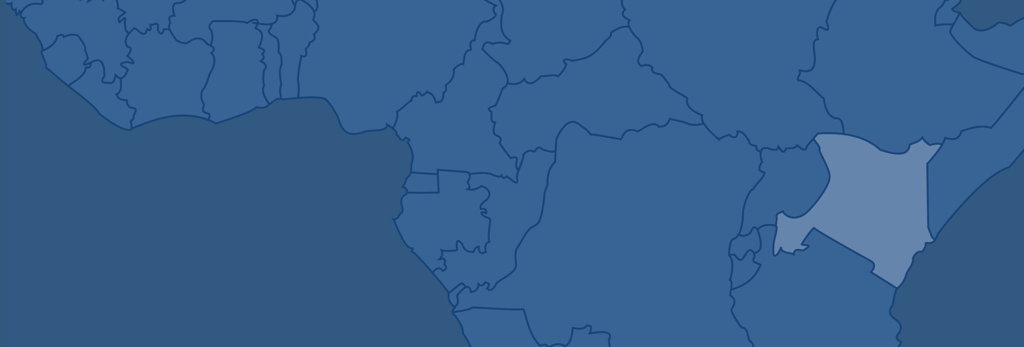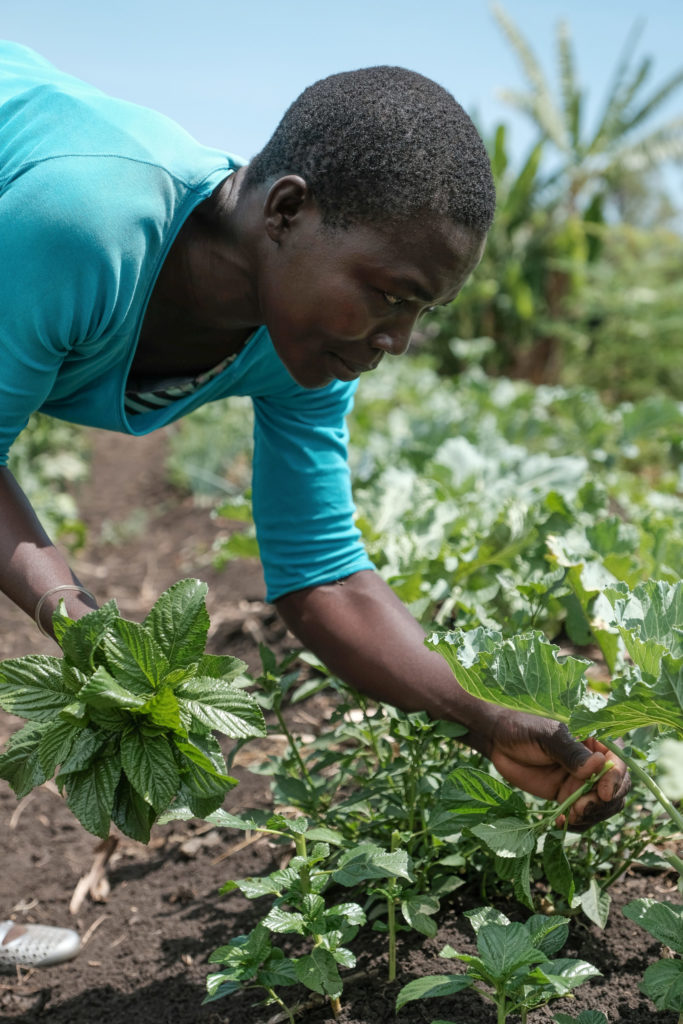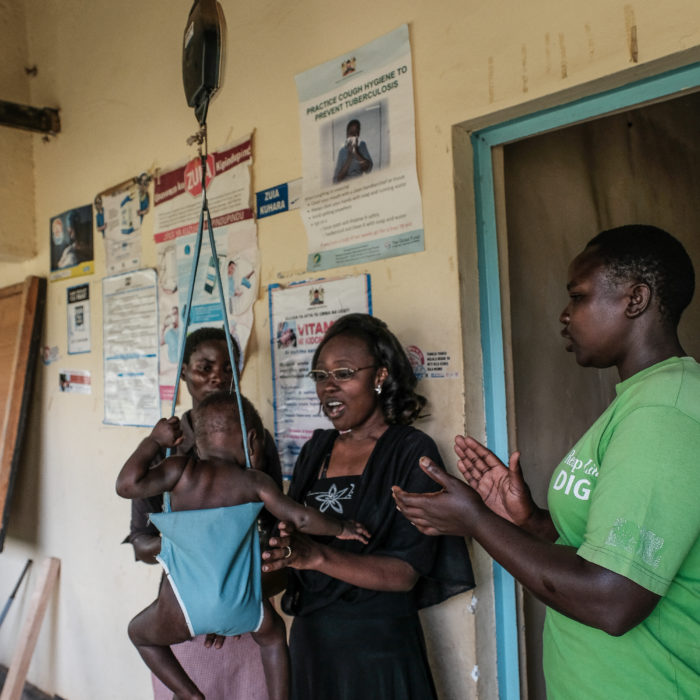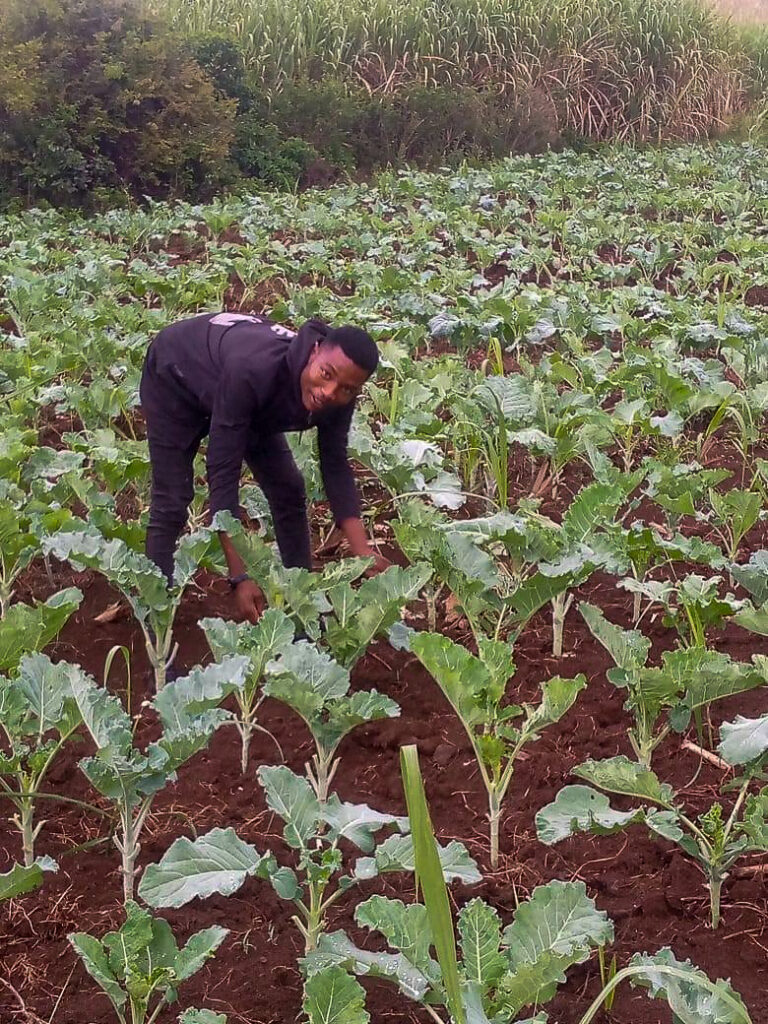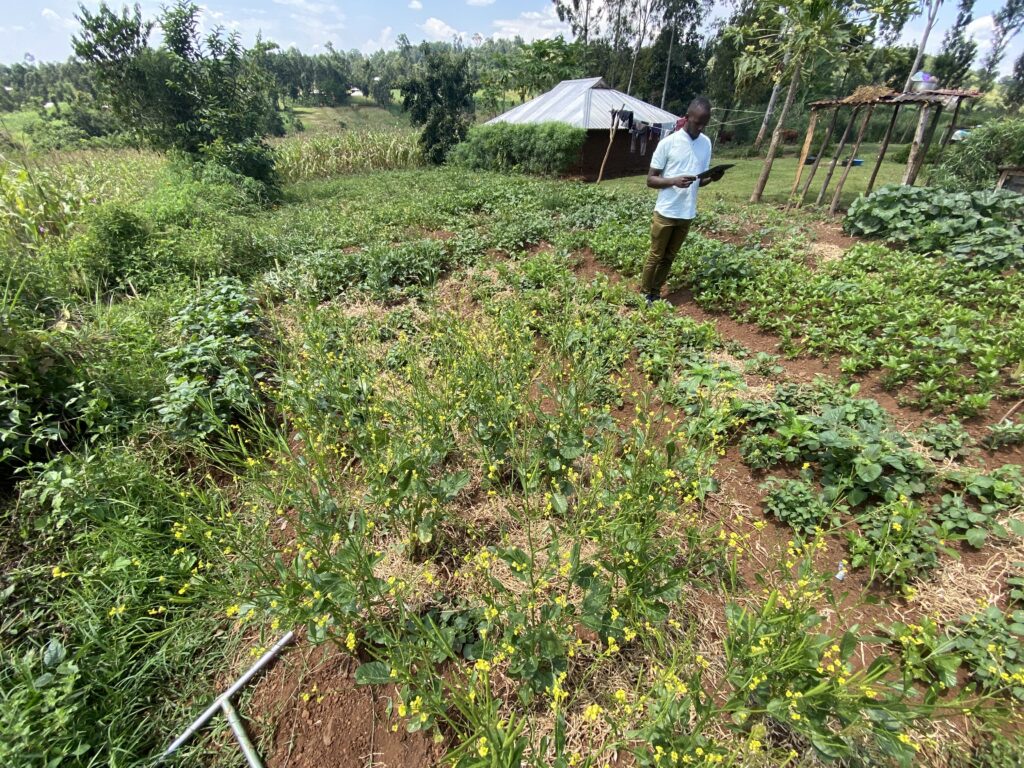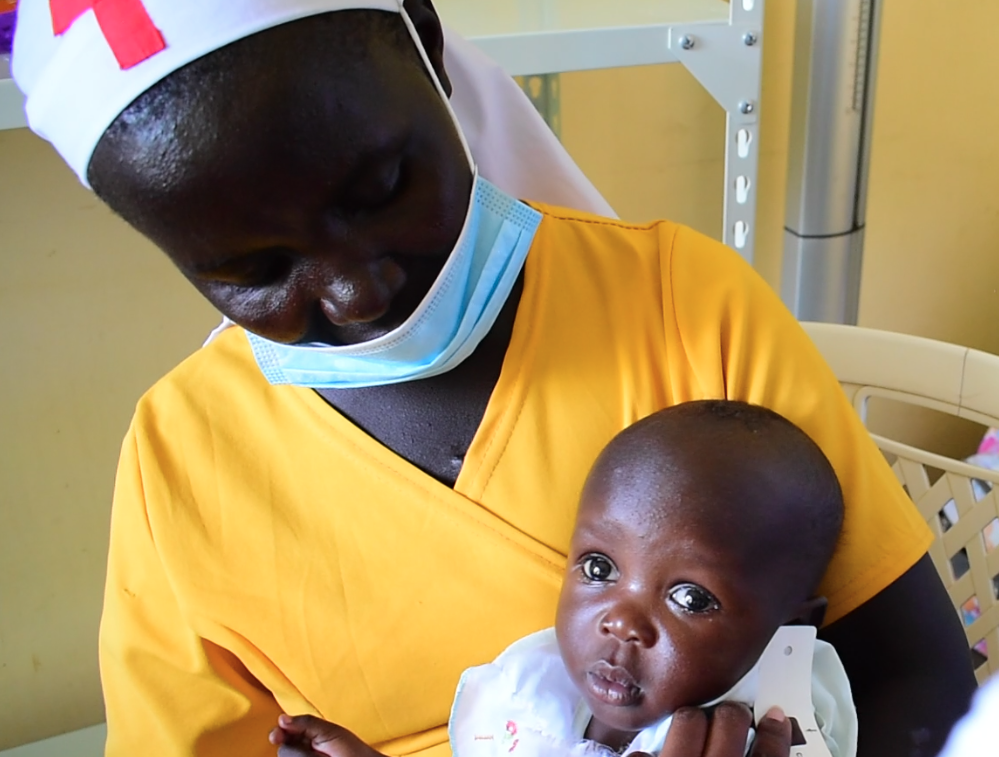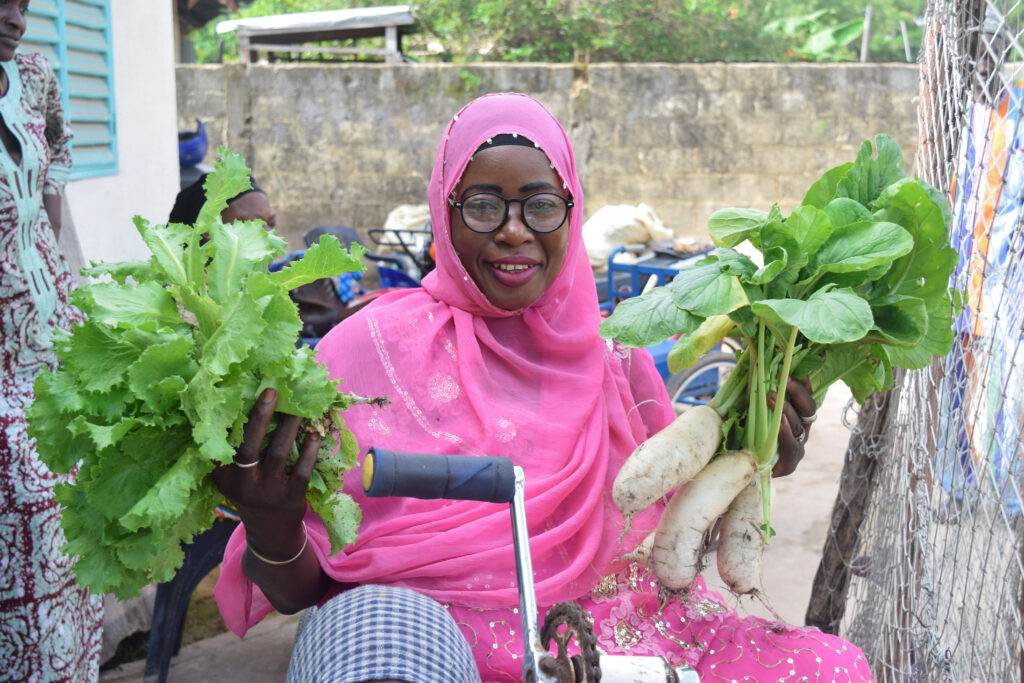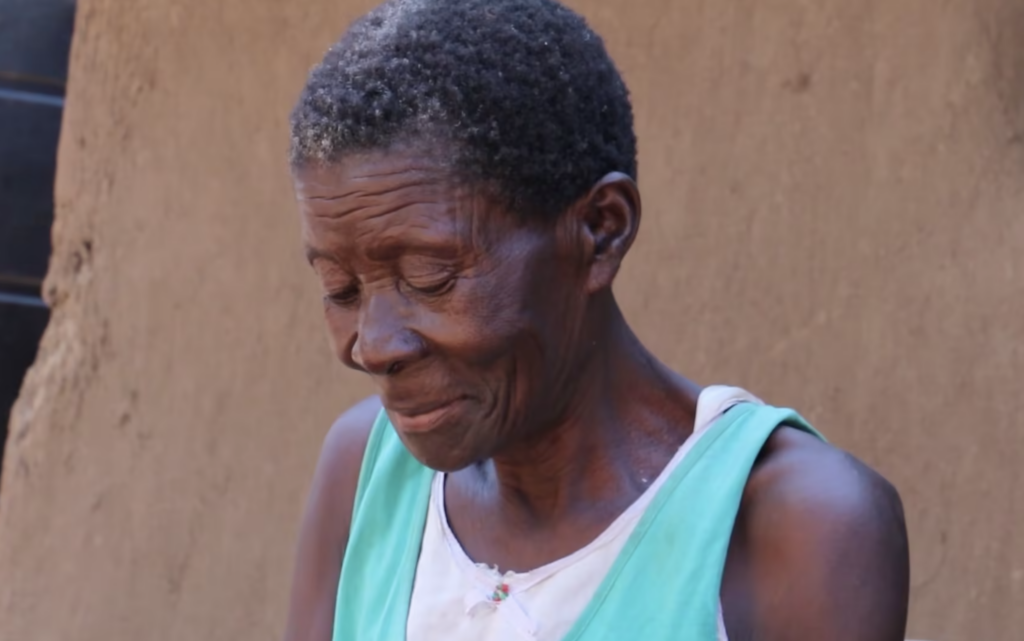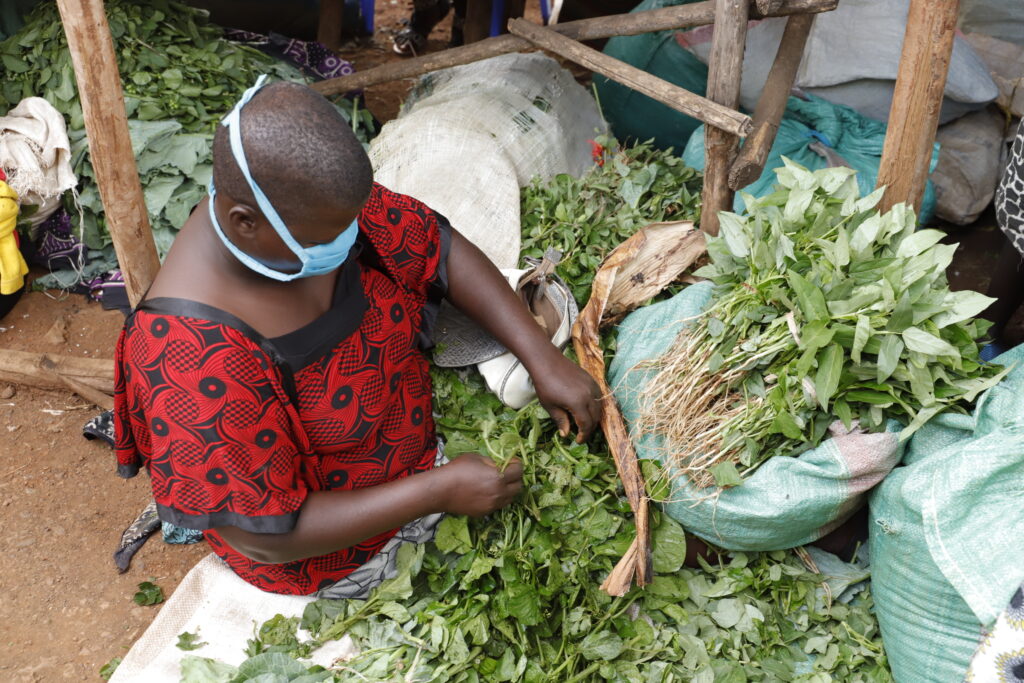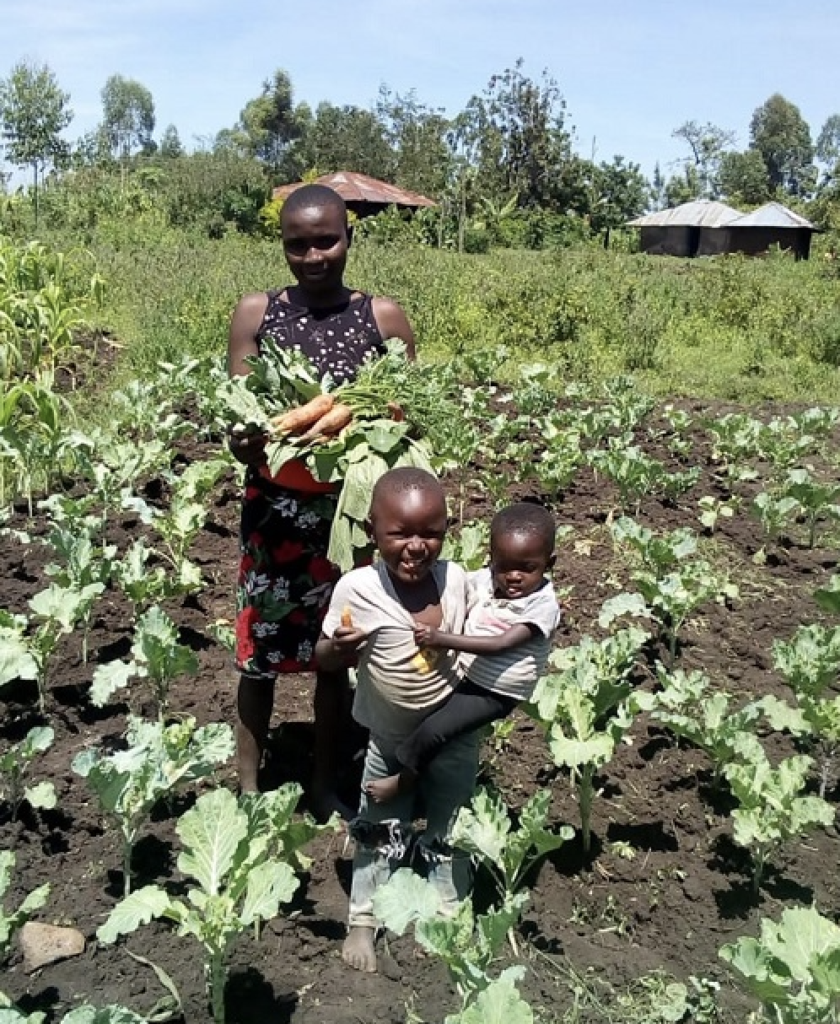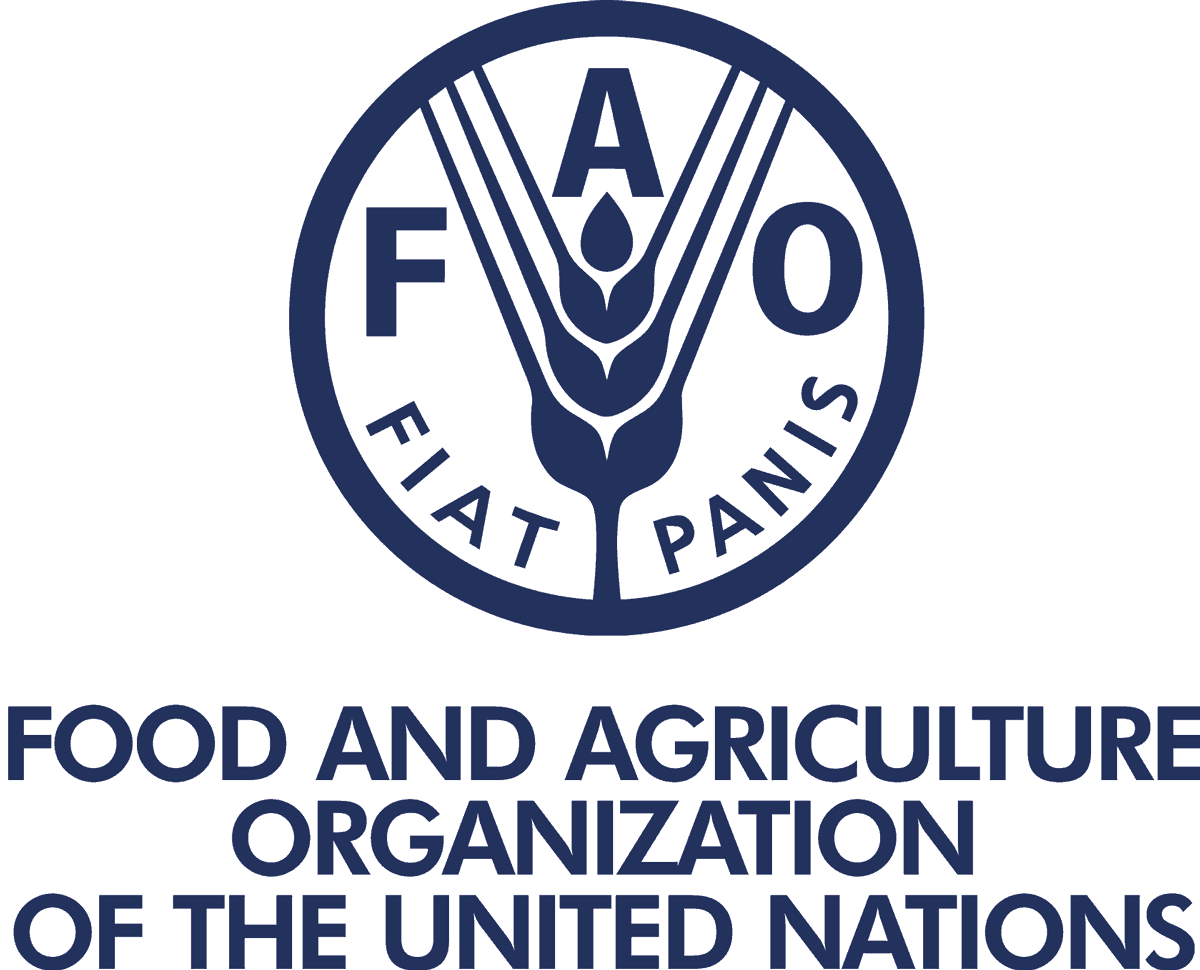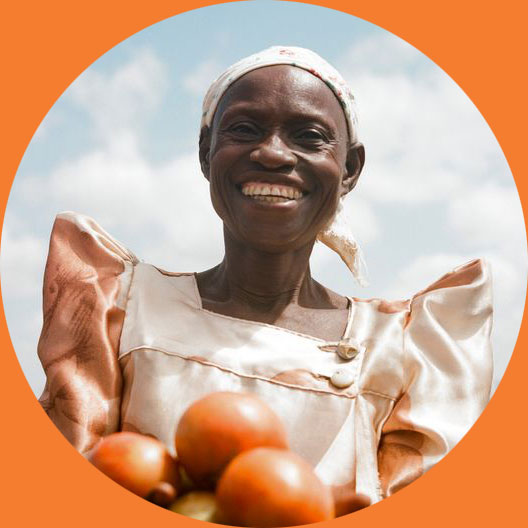The Landscape
Changing climates and an increase in crop pests and disease such as the fall armyworm and locusts have left even the most established Kenyan farmers incredibly vulnerable.
In rural Western Kenya, where DIG works, dense populations leave little land to farm, and families often rely on chemical interventions to bring their harvests to bear.
Because of the dense rural population, much of this region has experienced harmful deforestation, which has contributed to the degradation of soils and increased unsustainable crop production such as sugarcane and tea. This kind of farming not only threatens the ecological systems in the region but leaves already vulnerable farmers even more vulnerable long term.
DIG is working to restore the growing conditions and reconnect farmers with a diverse range of nutritious, culturally-relevant crops that can both feed their families while also adding to their income.
